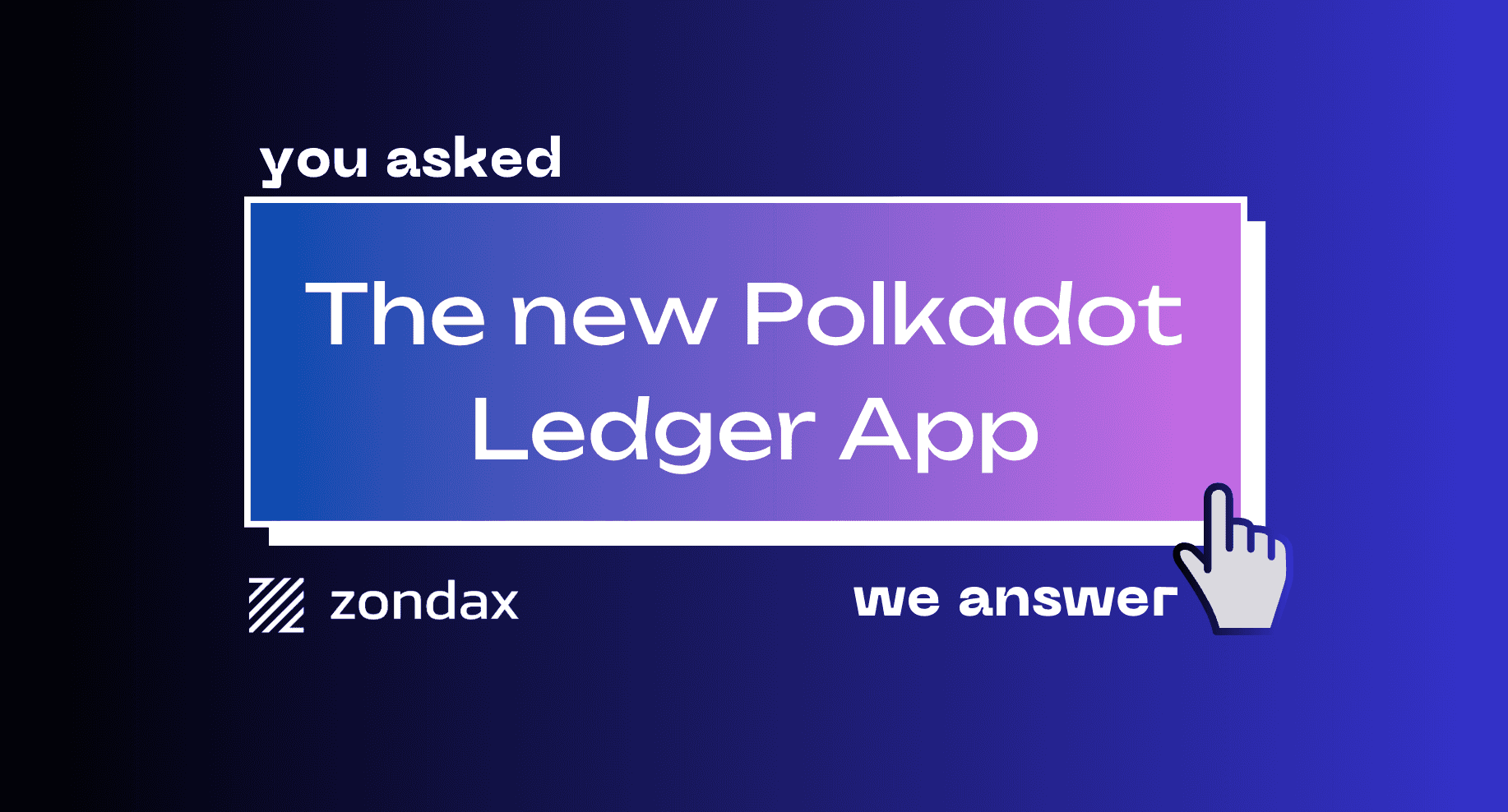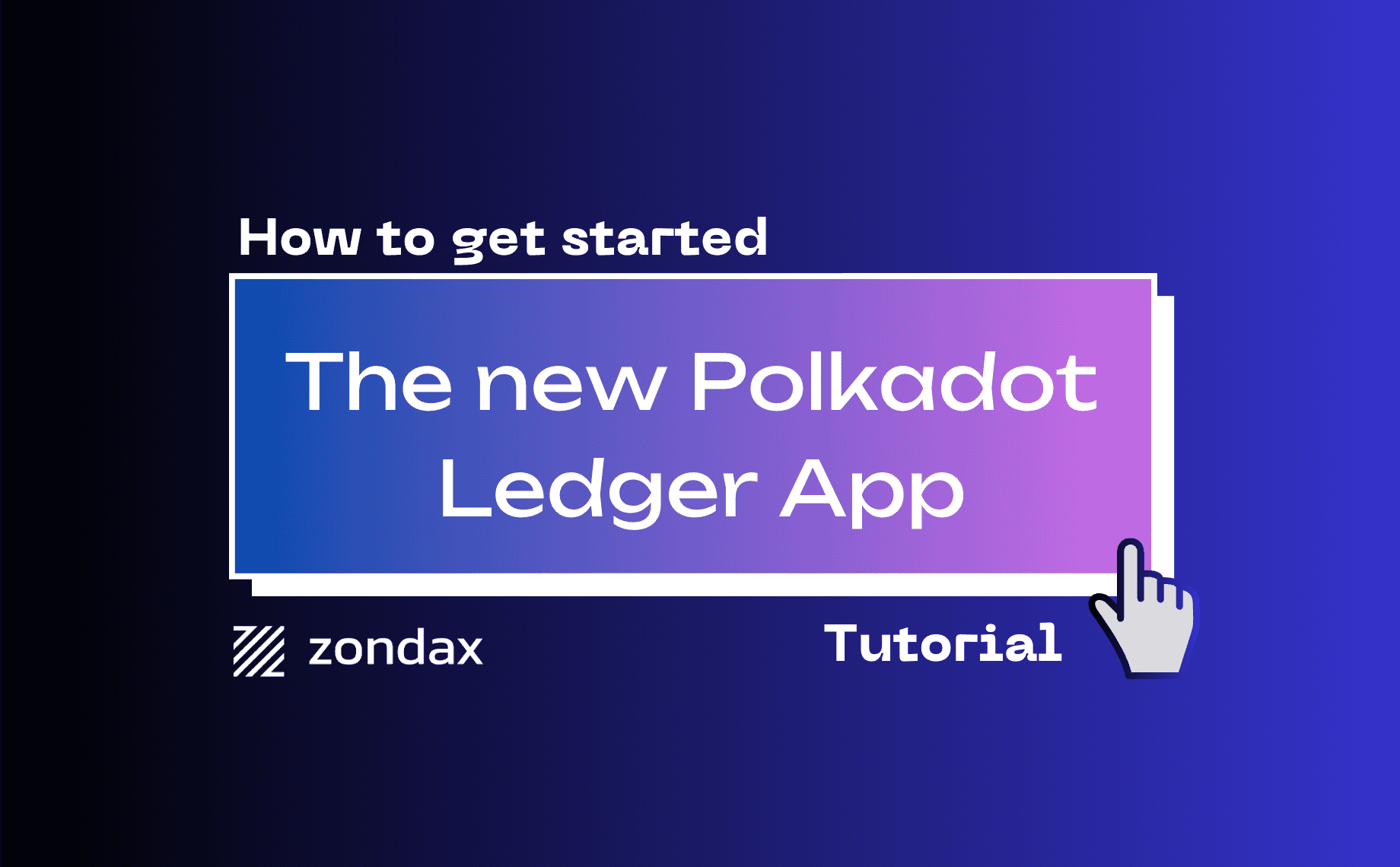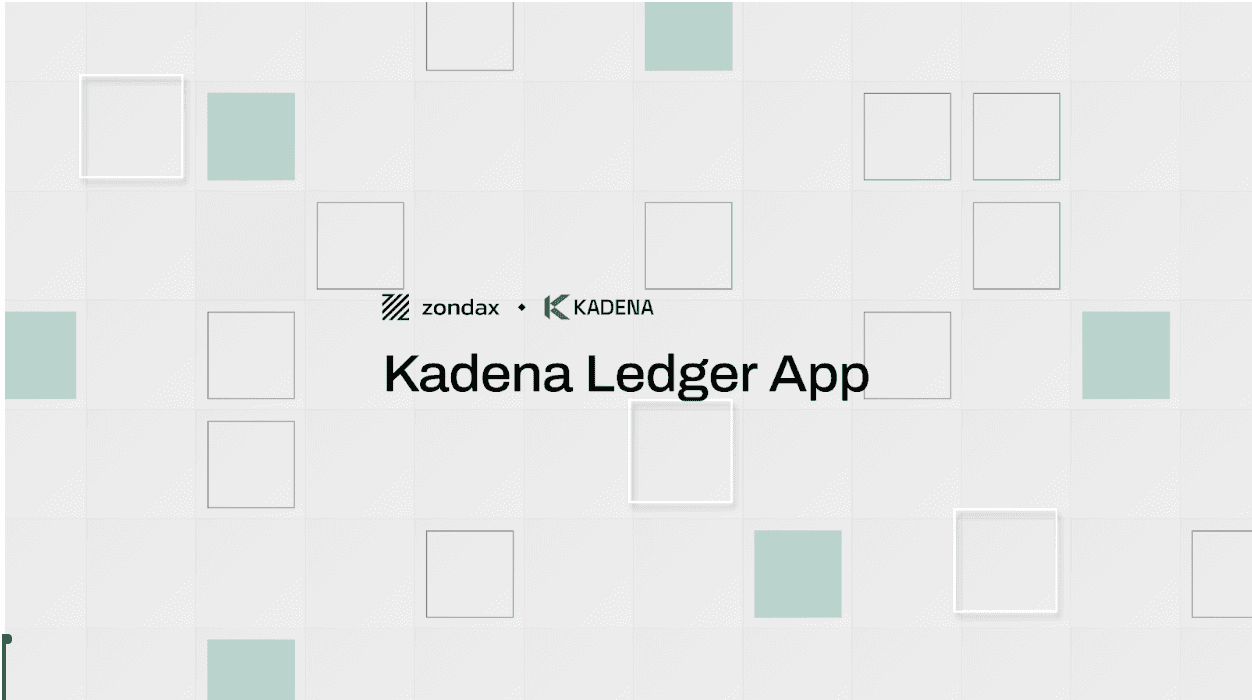How to Simplify Your Node Management with ICP Push Metrics: An Interview
October 21, 2024
–
3 min read
News
Zondax engineer Raul introduces ICP Push Metrics, a project simplifying ICP node management by enabling nodes to push metrics securely without firewall changes. Learn how this innovation improves security and efficiency, and explore its potential impact on the ICP developer community.

Zondax has a long-standing relationship with the Internet Computer Protocol (ICP), and we're excited to share one of our latest developments: ICP Push Metrics. To give you a deeper understanding of this project, we sat down with Raul, a blockchain engineer at Zondax who has been deeply involved in the initiative.
Here’s what Raul had to say:
Q1: Raul, what is the purpose of this project?
Raul: Our project aims to tackle some key limitations in how ICP nodes handle metrics. Traditionally, these nodes rely on a pull-based approach, which requires firewall reconfigurations and external IP management. These steps not only complicate the process but can also introduce security vulnerabilities. Our solution? We modified the IC node source code so that nodes can push metrics directly. This eliminates the need for firewall adjustments, offering a more secure and streamlined way to access node metrics. It's also worth noting that Zondax is the first external contributor to the IC Node.
Q2: That sounds great, but I'm curious, what sparked the idea to develop the project?
Raul: The idea came up during an event in Zurich. We noticed that ICP nodes lacked easy access to metrics—everything was being done through a pull-based method, which posed a significant challenge for developers. The reliance on modifying firewalls was a big red flag in terms of security. That’s when we realized there was a clear need for a push-based approach, which would be both safer and more efficient. Fast forward, and here we are with ICP Push Metrics.
Q3: What unique benefits does this work bring to the Internet Computer ecosystem?
Raul: This project will particularly benefit IC Node providers by helping them get metrics in an easy and secure way. We plan to open source the project and share it with the community. We will add in our documentation a description about the work accomplished.
Q4: How do you plan to continue building on your project once the grant funding is over?
Raul: After the grant is completed we could gather feedback from the community to identify additional areas for improvement and new feature requests.
Q5: How do you plan to attract the community to use what you are building?
Raul: We plan to actively promote our work on popular ICP forums, social media channels, and community platforms like the DFINITY Developer Forum to reach a broad audience. We also aim to use the IC Network to share updates, engage with community members, and build awareness about our project.
Q6: Where do you see your project in the next 12 months?
Raul: We aim for our solution to be widely adopted by ICP Node providers, significantly enhancing their ability to access and utilize better metrics. Node providers will have improved tools for metrics and monitoring, leading to better network performance, reliability, and security.
Q7: Lastly, what is this milestone about? And why should the community pay attention to it?
Raul: This milestone is significant because we’re making it publicly available. It includes a demo that the community can explore and provide feedback on. It’s not just about validating our idea—it’s about offering a solution that the ICP community can adopt for their own developments. We’re excited to see how this project can benefit others and shape future ICP node management.
A big thanks to Raul for taking the time to walk us through ICP Push Metrics. We’re excited to see how developers in the community will implement this solution and push the boundaries of what's possible within the ICP ecosystem.
We’re confident there are many more contributions to come that will continue to shape and improve ICP for everyone.
Stay tuned for more updates, and don’t forget to check out the demo—your feedback could be the key to the next big breakthrough!
Read More
Curious about the Universal Polkadot app? Here's what you need to know
With the new Polkadot app coming soon, Zondax answers your top questions. This blog is your go-to guide for everything about the app and its exciting features.
Ensuring a Smooth Transition: Using the Migration App for the Universal Polkadot Application
The new Polkadot app is here! Use the Migration App on Ledger to easily transfer your funds from your existing account to a new account with the updated Polkadot app.
Kadena Upgraded on Ledger: Secure Your Assets with Confidence
Kadena's Ledger App upgrade is live! Zondax, with 50+ apps, delivers top-tier security. A robust partnership for seamless, secure crypto asset management.
Other Articles

July 1, 2024
With the new Polkadot app coming soon, Zondax answers your top questions. This blog is your go-to guide for everything about the app and its exciting features.

Security
July 3, 2024
The new Polkadot app is here! Use the Migration App on Ledger to easily transfer your funds from your existing account to a new account with the updated Polkadot app.

February 20, 2025
Kadena's Ledger App upgrade is live! Zondax, with 50+ apps, delivers top-tier security. A robust partnership for seamless, secure crypto asset management.
Security
The new Polkadot app is here! Use the Migration App on Ledger to easily transfer your funds from your existing account to a new account with the updated Polkadot app.

Kadena's Ledger App upgrade is live! Zondax, with 50+ apps, delivers top-tier security. A robust partnership for seamless, secure crypto asset management.
